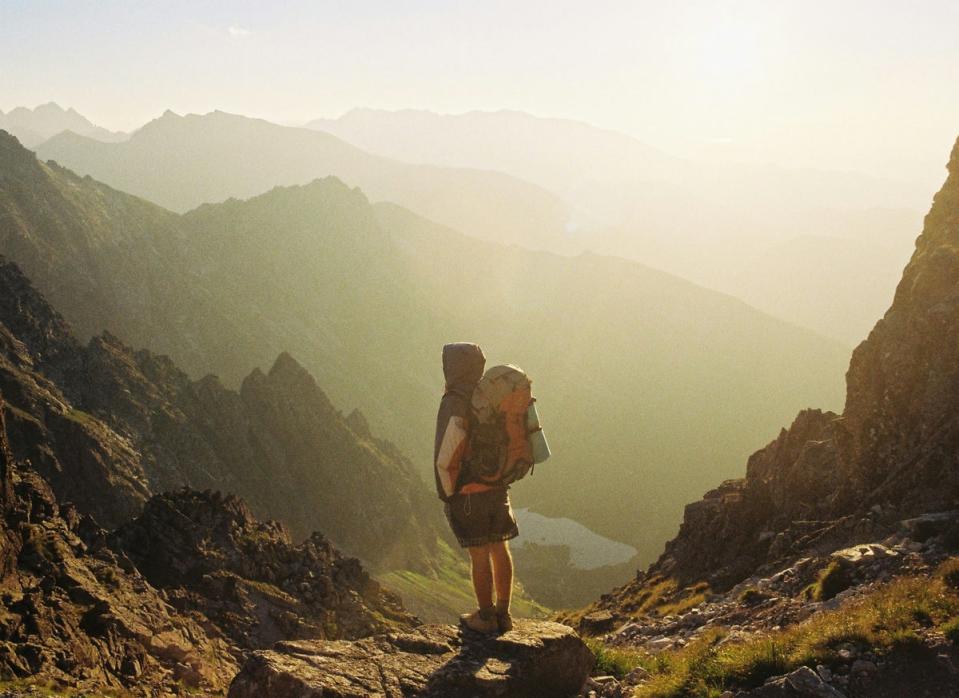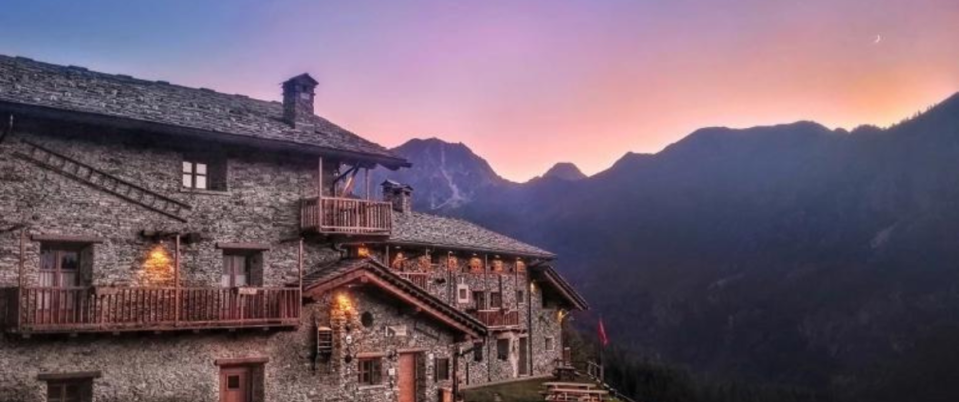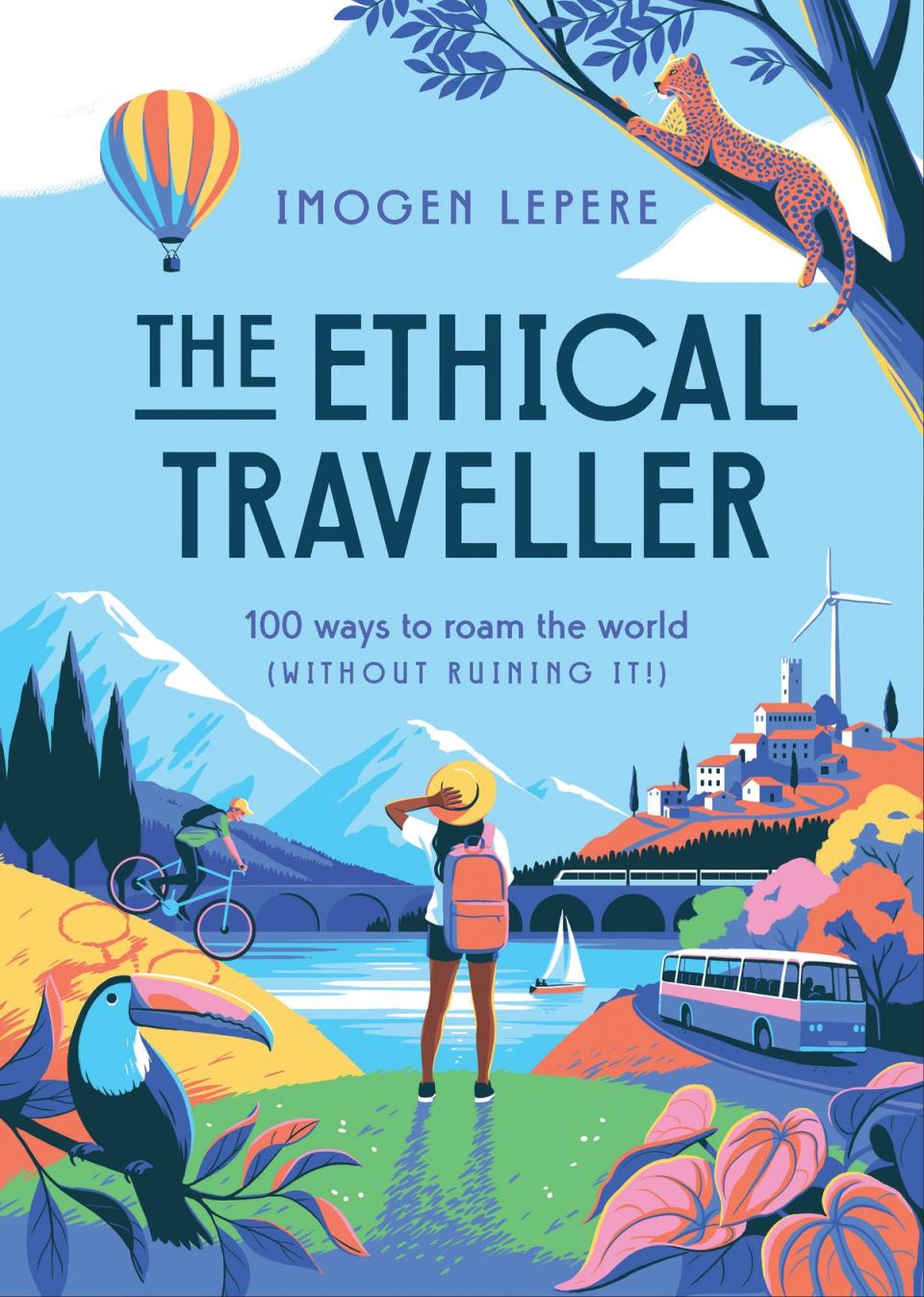The author of The ethical traveller reminds us that travel can be one of many ways to make our planet safer, fairer and kinder – a place where people and nature thrive in harmony.
TAKE THE ROAD LESS-EXPERIENCED
Like the famous actor who eventually gets pigeonholed, tourism turns certain destinations into parodies of themselves. Just look at central Venice pre-Covid, where bumper-to-bumper gondolas and restaurants serving frozen bolognese for €30 a pop were the norm. Too much tourism decimates local ecosystems and makes daily life nearly impossible for locals. Far better to choose a region’s second, third, or even fourth city instead. Think skiing in Bulgaria’s Rila Mountains instead of the Swiss Alps, browsing galleries in Rotterdam instead of joining the crowds in Amsterdam.

CONSIDER WHERE YOU ARE MOST NEEDED
Choose a place that really needs your support. Disaster tourism may sound gross, but after a natural disaster or terrorist attack, your dollars are needed the most. It’s also important to reach out to destinations that have been hit with negative publicity and tell your friends the real story – if it’s safe to do so. Other destinations where your money means more are those that rely heavily on tourism. Take the tiny Caribbean islands of Antigua and Barbuda, where beachgoers drive 90% of the local economy.
MAKE YOURSELF AT HOME
With on-site restaurants and 24/7 service, a hotel belonging to an international group can feel safe. Choose a homestay and you’ll have a more memorable experience – and 100% of your money goes back to your hosts, rather than being siphoned out of the local economy by an international company. Browse global sites like Homestay (homestay.com) or see if the specific region you’re visiting has its own version: such as Your Home In Japan (yourhomeinjapan.com) for Tokyo, Look After Me (lookafterme.co.nz) in New Zealand, and Homestay Ireland (homestayireland.ie).
ETHICAL AIRBNB ALTERNATIVES
In places where there isn’t too much tourism, or if you’re renting out a spare room rather than an entire apartment, Airbnb isn’t a problem. However, there are other peer-to-peer platforms to consider.
♦Stock Market Bnb (fairbnb.coop) Hosts are local and can only list one accommodation per person. 50% of the platform’s fees go to community projects.
♦Ecobnb (ecobnb.com) offers accommodations that meet 10 criteria, including car-free access, 100% renewable energy, organic food and recycling more than 80% of their waste.


KEEP SHOWERS SHORT
You heard it here first, folks: Bathing is over, especially in countries with water scarcity, which affects over 40% of the world’s population. Instead, opt for shorter showers and bathe in good karma. Another easy way to win is to ask if a hotel has low-flow shower heads and reuses wastewater in the gardens. Many hotels do, but if the answer is no, at least you’ve started a conversation.
SHARE YOUR DIGITAL KNOWLEDGE
You might not consider yourself a tech guru, but all those hours on social media, ordering Deliveroo and attending Zoom meetings add up. Many people in the Western world have super-developed digital skills: think about how you can share that knowledge while travelling. Worldpackers (worldpackers.com) connects travellers with hosts who offer free accommodation in exchange for volunteer work: many are looking for help with their social media, website copy and content creation.
RECONSIDE THE NEGOTIATIONS
Everyone loves a bargain, but don’t forget that 800 million people earn less than $1.25 a day – that’s more than the entire population of Europe. You probably won’t notice if you spend an extra 60 Moroccan dirhams on beautiful leather babouches (slippers), but a stable owner could feed his family for several days with that money. Pay cash to those who need it most, as many people in developing countries live from hand to mouth.
Talk the talk
Of the approximately 1.5 billion people who speak English in the world, fewer than 400 million use it as a first language. Apps like Duolingo, Babbel and Memrise can provide the basics and are a constructive way to pass the time at the airport or when you’re stuck.
CLEAN YOUR CONSCIENCE WITH A LOCAL LAUNDRY
Instead of using your hotel’s laundry service, support a local. In countries like Vietnam and Laos, women living in tourist areas often have signs on their doors saying they wash clothes; if they have to shoulder the household burden, it’s only right that they make some money from it. Remember to ask them not to put your clothes in the dryer, as that uses five times as much energy as a single wash.
KEEP YOUR PACKAGING LIGHT
The lighter your bag, the less carbon you emit. According to the UN Environment Programme, weighing 15 kg (33 lbs) in your luggage reduces your emissions by about 50–100 kg (110–220 lbs) on a four-and-a-half hour flight.
PASS IT ON
When it’s time to head home, look at your belongings through the eyes of a local. Is there anything that would make a useful gift? Items like hygiene products, clothing, books, over-the-counter medications, and sunscreen are much harder to come by in certain countries, so your hosts may appreciate them. Make sure they’re clean and neatly stacked in your room with a thank-you note that can be discovered after you’ve left.


The ethical traveller (£12.99) is published by Smith Street Books, written by Imogen Lepere and illustrated by Julia Murray. This book offers 100 tips, aligned with the United Nations Sustainable Development Goals, that will help us protect the planet, support communities and explore the world, while preserving everything that makes it special.